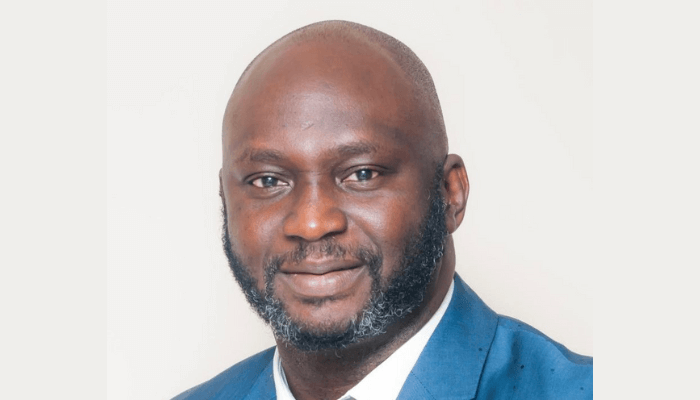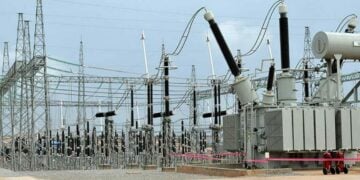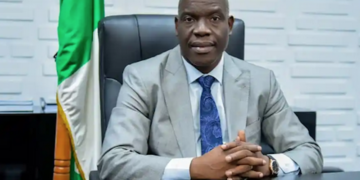The Bank of Industry (BoI) and the International Finance Corporation (IFC) have partnered to improve access to finance and export credit to boost Nigeria’s industrialisation drive.
Managing director of BoI, Dr Olasupo Olusi, said this at the BOI-IFC Conference on Empowering Futures in Lagos recently.
Olasupo stated that the conference presented an opportunity to develop innovative ideas and initiatives towards improving access to finance, export credit, partial credit guarantees and other risk-sharing financing structures.
He noted that, more importantly, the country’s current macro-economic realities place a lot of responsibility on development banks like BoI and multilateral and financial institutions like IFC to expand their risk appetite through out-of-the-box financing ideas.
He pointed out that the visit of IFC’s Regional Vice President for Africa, Sergio Pimenta, and his team, to Nigeria, underscored IFC’s strong commitment to supporting the development of Africa’s largest economy even as the event also signified the strong bond that existed between the IFC and development finance institutions (DFIs).
He said the event aimed at delivering a coherent and actionable plan to advance Nigeria’s industrial growth and development in line with President Bola Ahmed Tinubu’s ‘Renewed Hope Agenda’.
Delivering his keynote, Pimenta said, IFC’s investment portfolio in Nigeria is the second largest in Africa, and stands at $2 billion, concentrated across trade finance, manufacturing, financial markets, and infrastructure.
He added that IFC’s strategic objectives in Nigeria are aimed at supporting diversified growth, enhancing inclusion, and promoting sustainability and job creation.
“In addition, IFC’s work boosts universal energy access and green energy adoption, fosters increased access to finance for micro, small, and medium-sized enterprises (MSMEs) through financial intermediaries, supports agribusiness and manufacturing to enhance food security, meet domestic needs, and grow export and foster digitization,” he said.
He stated that the Nigerian financial sector has a key role to play supporting trade, financial inclusion and access to finance for MSMEs.
He noted that to further strengthen its financial infrastructure, Nigeria has recently embarked on legislative reforms to catalyse institutional and behavioural change among both formal lenders and borrowers across the country.
Speaking on the nation’s infrastructure gap, he said Nigeria’s rapidly growing population, projected to nearly double to 400 million by 2050 coupled with urbanisation underscore the urgent need for infrastructure development.
He also pointed out that the need for Nigeria to invest in agribusiness, saying that primary agriculture is a cornerstone of Nigeria’s economy, contributing to 23 to 24 per cent of GDP, and employing 36 per cent of the labour force, the largest across all sectors of the economy, but bemoaned that Nigeria is still a net importer of food for about $10 billion.
According to him, “Agribusiness holds transformative potential for the country, offering opportunities for food security, employment generation, and economic diversification.
“As Nigeria’s population continues to grow, localising food production will help ensure food security as well as providing jobs and incomes.”





